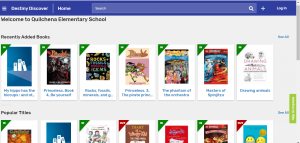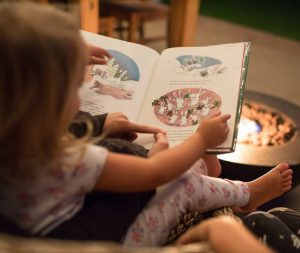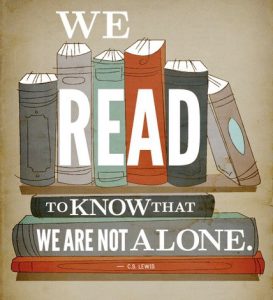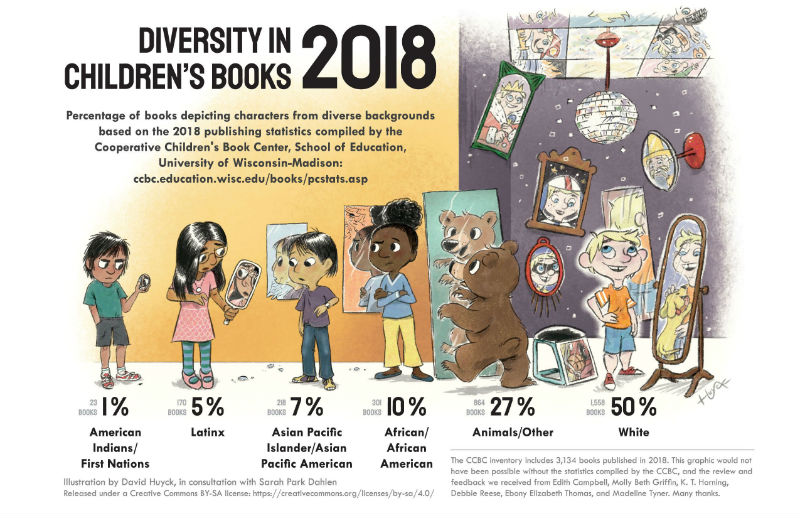Today (Sept 30) is Orange Shirt Day. Quilchena students have been learning about and reflecting upon our history of residential schools through literature. Quilchena Elementary is located on the traditional and unceeded lands of the Musqueam, Squamish, and Tsleil-Waututh people.
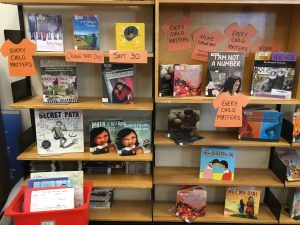
The information in this post is quoted and paraphrased from the Orange Shirt Day website:
In 2013 there was a reunion and healing ceremony held at St. Joseph Mission (SJM) Residential School (1891-1981) in the Cariboo. It brought together former students and their families from the Secwepemc, Tsilhqot’in, Southern Dakelh and St’at’imc Nations.
The events were designed to commemorate the residential school experience, to witness and honour the healing journey of the survivors and their families, and to commit to the ongoing process of reconciliation. Chief Justice Murray Sinclair challenged all of the participants to keep the reconciliation process alive, as a result of the realization that every former student had similar stories.
Orange Shirt Day is a legacy of this project. As spokesperson for the Reunion group leading up to the events, former student Phyllis (Jack) Webstad told her story of her first day at residential school when her shiny new orange shirt, bought by her grandmother, was taken from her as a six-year old girl.
The annual Orange Shirt Day on September 30th opens the door to global conversation on all aspects of Residential Schools. It is an opportunity to create meaningful discussion about the effects of Residential Schools and the legacy they have left behind. A discussion all Canadians can tune into and create bridges with each other for reconciliation. A day for survivors to be reaffirmed that they matter, and so do those that have been affected. Every Child Matters, even if they are an adult, from now on.
The date was chosen because it is the time of year in which children were taken from their homes to residential schools, and because it is an opportunity to set the stage for anti-racism and anti-bullying policies for the coming school year. It is an opportunity for First Nations, local governments, schools and communities to come together in the spirit of reconciliation and hope for generations of children to come.
On this day of September 30th, we call upon humanity to listen with open ears to the stories of survivors and their families, and to remember those that didn’t make it.
Families are welcome to come to the library this week and borrow a book from the display to read together at home.
